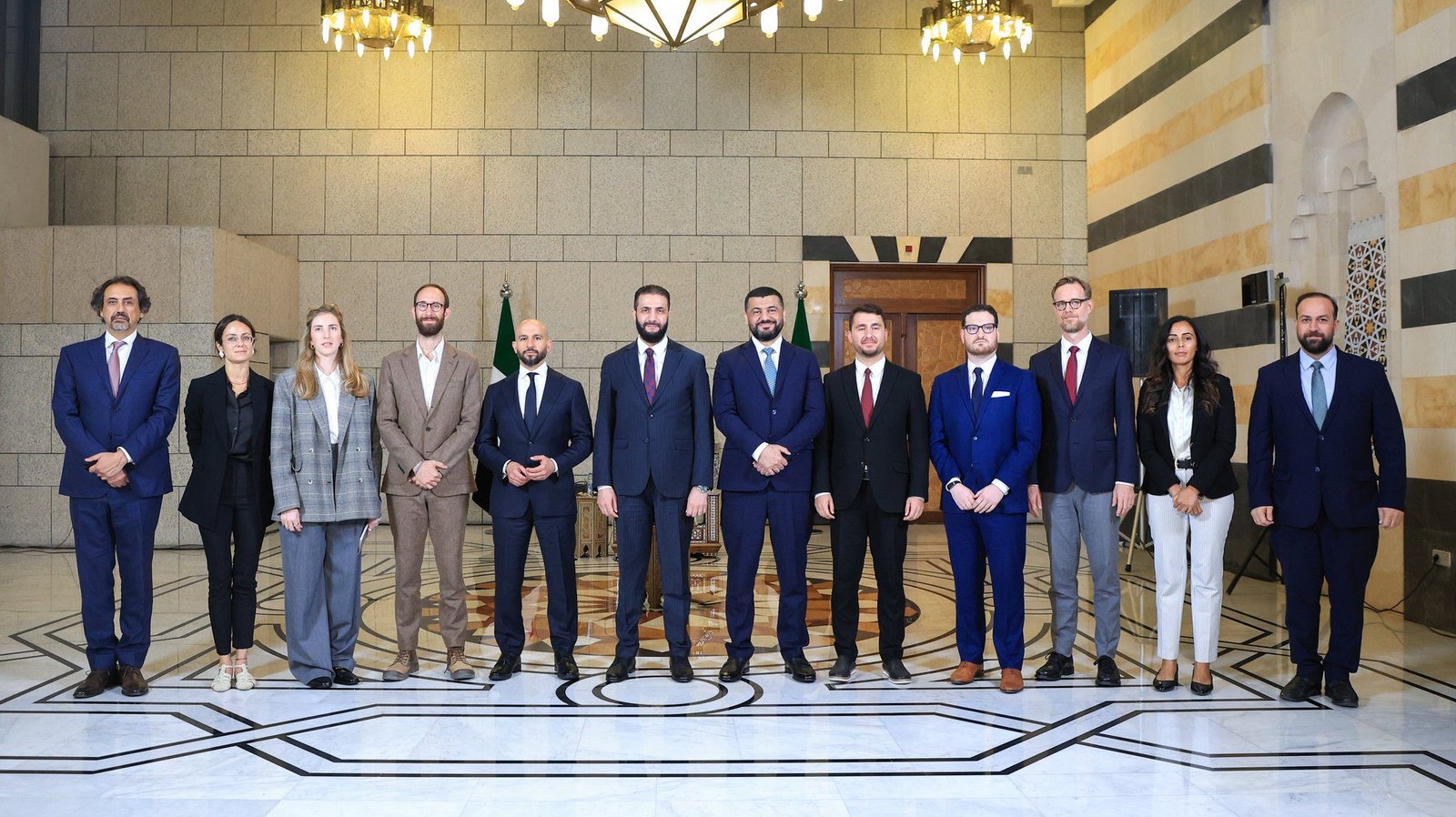Did al-Sharaa Really Threaten the SDF with a Turkish Operation?

A statement attributed to Syria’s interim president Ahmed al-Sharaa has circulated widely in Syrian, Turkish, and Kurdish media. It alleged that during a meeting with a group of experts, al-Sharaa said: “If the SDF continues dragging its feet on integration into Syria until December, Turkey could take military action”.
The source of this quote is Ömer Özkizilcik, a Turkish analyst and non-resident fellow at the Atlantic Council who attended the meeting. According to Özkizilcik, al-Sharaa remarked: “If the SDF continued to drag its feet on integration into Syria until December, a Turkish military operation in the region could be on the table. Some groups within the SDF and PKK sabotaged the implementation of the March 10 agreement and slowed the process.”
Different versions of these remarks quickly circulated across Syrian, Turkish, and Kurdish media, often interpreted as an ultimatum — a threat from al-Sharaa to the SDF. The controversy gained traction because the framing suggested Syria’s president was effectively warning his own domestic adversaries by invoking the prospect of Turkish intervention.
However, Dareen Khalifa, a senior Syria expert at the International Crisis Group and a Syrian native Arabic speaker, rejected this interpretation. She stated: “Al-Sharaa did not hint at the likelihood of an imminent Turkish military operation.” Khalifa clarified that al-Sharaa “spoke about Turkey’s concerns, and of course we know that a military option is always possible for Ankara, but he did not say it was imminent, nor did he use it as a threat. Rather, his tone was positive. He said: ‘Kurdish rights are not subject to bargaining.’”
She also explained that on the March 10 Agreement, al-Sharaa said: “Within the SDF leadership, there are different approaches. They don’t all see it the same way. Maybe that’s why implementation is slow.”
As Khalifa suggests, some of the nuance may have been lost in translation, since al-Sharaa spoke in Arabic. But there are also inconsistencies within Özkizilcik’s own accounts. His English-language article in Türkiye Today, which he authored himself, quotes al-Sharaa as: “If the SDF continued to drag its feet on integration into Syria until December, a Turkish military operation in the region could be on the table.”
By contrast, in Milliyet — which published an interview with Özkizilcik in Turkish — the statement appeared as: “If the integration process is not completed by December, Turkey could take military action.” Because this version comes through the format of an interview, it may reflect how Özkizilcik phrased it in Turkish or how it was framed editorially, but it nonetheless differs significantly in tone and implication from his direct English-language writing.
The difference between suggesting that an operation is possible and declaring that Turkey will carry out one is significant. The former is public knowledge; the latter constitutes a threat and an ultimatum. According to Khalifa, al-Sharaa’s tone was positive, consistent with what he has said in his public interviews.
This distinction — which may appear to be a nuance — has real consequences for the balance of the PKK’s peace process in Turkey and the broader Syrian settlement. It also matters for al-Sharaa’s authority inside Syria. He cannot consolidate his domestic position by brandishing the threat of a foreign power in disputes within his own country.
But the fact that al-Sharaa is now being hosted in New York signals that he is viewed as Syria’s leader. That recognition bolsters his authority in Damascus while reinforcing the message to the SDF that it has no real alternative but to reach a deal with the central government.









